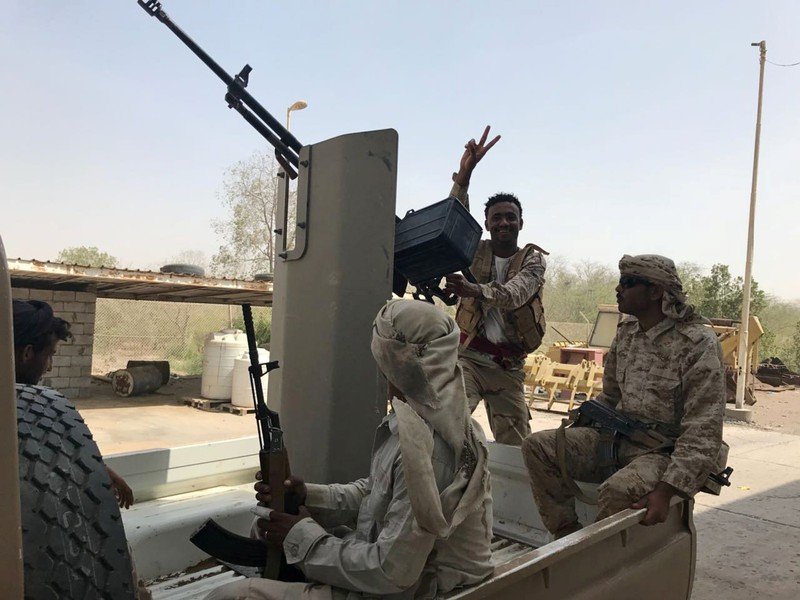
A presidential decree published on the state-run Saba news agency named Ali al-Humeiri, half-brother of Saleh, head of Yemen's army reserve.
The position is little more than ink on paper, insiders say, as the troops are effectively controlled by Yemen's Huthi rebels on the ground.
A local government official in Aden confirmed that the reserve was under the control of the Huthis, who in 2014 joined ranks with former president Saleh to drive the government out of the capital Sanaa.
Yemen's Houthis and Saudi Arabia in secret talks to end war: sources
The appointment could, however, signal an overture between the government of Abedrabbo Mansour Hadi, which has fought the Huthis for four years, and political factions still loyal to slain Saleh, the official said.
Nearly 10,000 people have been killed in Yemen since March 2015, when a regional military coalition led by Saudi Arabia intervened with the aim of pushing the Huthis from Sanaa and restoring the government to power.
The Iran-backed Huthis have only tightened their grip on the capital after gunning down Saleh in December, following weeks of accusations that he had been holding secret talks with the Saudi-allied government.
Saudi Arabia announces $2b bailout for Yemen government
The Yemeni army has since splintered, with factions in the capital Sanaa maintaining loyalty to the Huthis, other brigades allied with the Saudi-led coalition and some troops in southern Yemen standing by separatists who want to restore independence.
More than 2,300 Yemenis have died of cholera and 70 of diphtheria amid deteriorating hygiene and sanitation conditions, the World Health Organisation says.
The Yemen war has triggered what the United Nations calls the world's largest humanitarian crisis. Multiple rounds of UN-brokered talks have failed to find a peaceful resolution to the conflict.










1732354127-0/Untitled-design-(3)1732354127-0-270x192.webp)






COMMENTS
Comments are moderated and generally will be posted if they are on-topic and not abusive.
For more information, please see our Comments FAQ